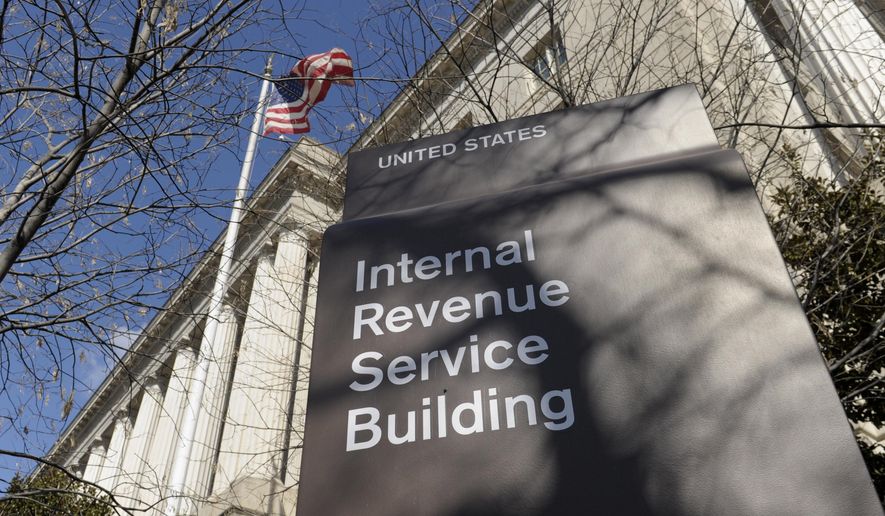The IRS conducts a disproportionate share of its audits of the Earned Income Tax Credit in southern states with large minority populations, the agency’s inspector general said in a new report Thursday that confirms long-standing fears.
Mississippi — which has the highest percentage of Black residents of any state — ranks in the middle of the pack for EITC claims filed with the Internal Revenue Service. But the IRS audits a higher ratio of Mississippi’s EITC claims than any other state, the inspector general found.
Georgia and Louisiana, which rank send and third in proportion of Black residents, also saw a significantly higher share of EITC audits.
Investigators said it’s not necessarily unfair targeting. The rate is consistent with the IRS’s automatic filters, which trigger audits, and the southern states do have a higher ratio of EITC claims that break the IRS’s rules.
“It is clear, however, that the IRS’s audit selection methodology results in more EITC audits in certain southern states, whose populations may be disproportionately low-income and minority,” the investigators said in their report.
They recommended the IRS do more educational outreach to try to help taxpayers cut down on their errors.
The IRS rejected the suggestion, saying it felt it had the situation under control.
“The IRS already has an extensive outreach and education strategy in place, tailored to reach EITC taxpayers in all communities, including those who may be potentially eligible but do not currently claim the credit,” Kenneth C. Corbin, commissioner of the wage and investment division, said in the agency’s official response. “We will continue to include all communities in our outreach areas.”
That includes an “EITC Awareness Day” and the use of social media.
Mr. Corbin said a majority of EITC claims are filed by paid tax professionals, and the agency’s outreach to them is “extensive.” It was not clear, however, whether the minority communities the inspector general said were being disproportionately targeted made more frequent use of tax services.
The inspector general’s findings come as the IRS is looking to Congress for a boost in its enforcement budget, saying it needs the cash to conduct more audits. The agency says it’s leaving too much money in the hands of tax cheats, and a bigger enforcement budget could cut down on that.
Democrats on Capitol Hill are sympathetic, while Republicans are more wary, pointing to some high-profile goofs at the agency, such as the targeting of nonprofit tea party groups for special scrutiny in the Obama years.
EITC audits have been a source of complaint for decades, the inspector general said, pointing back to the late 1990s when a North Carolina congressman complained about a disproportionate share of attention from the IRS.
Thursday’s findings confirm the disparate treatment.
The EITC is a refundable credit aimed at siphoning money into the pockets of lower-income workers. The amount of the credit rises as people earn more, up to a threshold, so the program acts as an incentive for people to stay in jobs rather than live off public assistance.
But the program is also rife with problems, including underreported income. Tax returns with EITC claims account for more than 31% of IRS audits over the last decade.
The southern states that get a disproportionate number of audits also have a disproportionate number of claims.
But it’s not clear why they have a disproportionate rate of automatically flagged errors, which trigger the audits, the inspector general said.
Investigators said the IRS has done only “limited research” on the topic, and an in-depth study could give better insight.
More than 360,000 tax returns filed in Mississippi claimed the EITC in 2019, or about 30% of individual tax returns. In New Hampshire, only about 10% of individual returns claimed the EITC, or a third the rate of Mississippi.
But Mississippi EITC filers were seven times more likely to face an audit.
• Stephen Dinan can be reached at sdinan@washingtontimes.com.




Please read our comment policy before commenting.